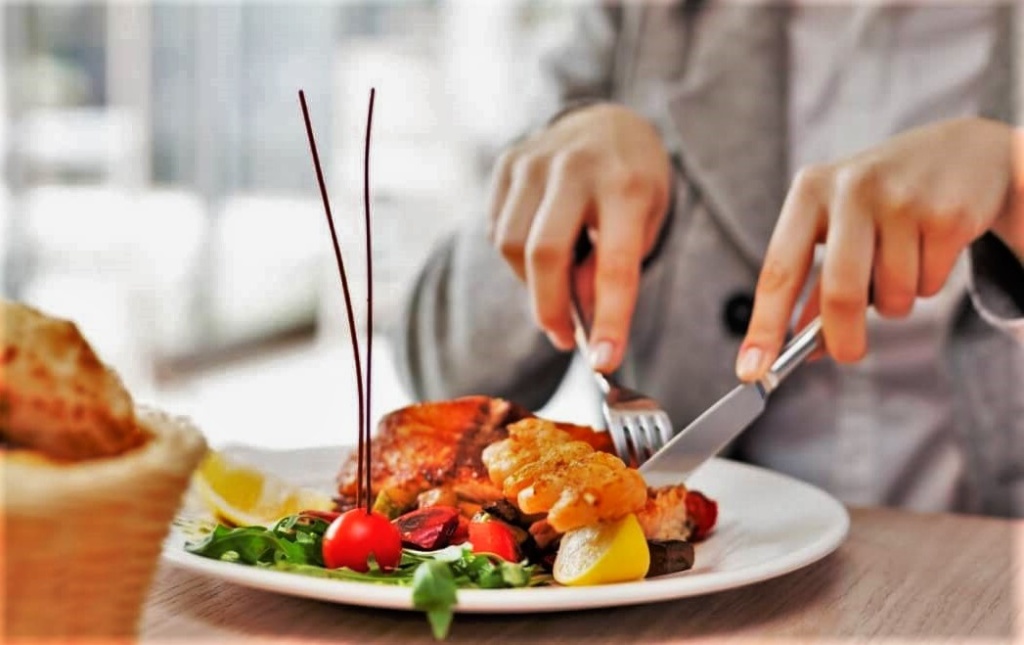Why do women have to eat differently than men?
women diets plan: Women have different nutritional needs than men, but we do not always take this into account. Find out what you should reinforce in your daily diet to feel better and counteract some of the most common changes.
We usually prepare a single meal for everyone, but women have different nutritional needs than men. And that may be directly affecting your health or your quality of life.
Discover which vitamins and minerals you need to be more present in your daily diet to feel better, and what foods contain them.

WHAT NUTRIENTS DO YOU NEED AT ANY MOMENT
Some alterations, which are usually more common in women than in men, may be warning you that you are missing some nutrient.
Are you always very stressed?
Increase magnesium. Women tend to be more deficient in this mineral than men, which translates into irritability, tiredness, sleep problems or muscle cramps, especially in the days before the period …
IT MAY INTEREST YOU
foods with vitamin c
- From sayuna chocolate. Enrich your glass of milk with a teaspoon of cocoa or drink an ounce of chocolate as dark as possible.
Do you usually feel bloated?
Take less sodium and more potassium. Fluid balance in the body has to do with a correct ratio of sodium to potassium.
- To deflate, consume less salt and some banana. Decreasing the amount of salt that we take to the maximum 5 g recommended per day (including the one that has preserves, sausages, etc., not only the one that we add) and eating more foods rich in potassium, such as bananas, helps.

Do you feel very tired?
You can be low on iron. If you have not started a diet or exercise more, but you feel exhausted, your lack of iron may be due to menstruation.
IT MAY INTEREST YOU
garlic benefits for women
- For dessert, eat kiwis. A first of green leafy vegetables and a second of meat or fish give you iron, and taking kiwi or citrus for dessert gives you vitamin C, which helps metabolize it better.
Do you already take care of your heart?
At menopause, you should not forget about citrus. It is a critical stage in a woman’s life because the decrease in estrogens affects the cardiovascular system. Vitamin C can reduce the risk of having some type of ailment up to 20%, according to a British study.
- Drink an orange juice on an empty stomach. Take it freshly squeezed and you will cover almost all of your daily needs for this vitamin.
Are you worried about your bone health?
Give calcium to your bones. The general recommendations of the WHO are to take two dairy products a day. But they are not the only foods to provide it: sesame, dried fruits, blue fish or certain vegetables (especially green leaves) also carry it. Remember to include these foods in your diet on a daily basis.
- Eat the salad in the sun. Watercress is rich in calcium and the sun helps to synthesize vitamin D, basic for the absorption of this mineral. So it will help you even more to take your food on the terrace or by the window.
Do you peck a lot and without control?
Maybe you lack chrome. Be especially suspicious of this if your craving is particularly for sweets, as chromium deficiency can cause a sharp drop in glucose levels that lead you to desire foods rich in sugars.
- Take pears and dates. They are very rich in chrome fruits and you can take them for dessert, as a snack, in salad … A freshly made tomato juice will also give you the chrome you may be needing.
THE MINERALS THAT YOU CANNOT MISS
- Iron: Helps to transport oxygen to the cells of our body. We find them in meats, fish, legumes, nuts and green leafy vegetables.
- Magnesium: Keeps muscles in shape, balances the nervous system and helps assimilate calcium and vitamin C. It is provided by vegetables and fruits, whole grains, nuts, legumes, fish and cocoa.
- Chromium: Helps to balance the sugar level and metabolize carbohydrates. It is in cereals, dairy products, meats, mussels, potatoes, dates, tomato and fruit.
- Potassium: Balances body fluids and improves muscle function. It is found in bread, legumes, nuts, meat, fish, vegetables, and fruits.
- Calcium: Indispensable for the bones. It is involved in muscle contraction and blood coagulation. Rum rich in this mineral, dairy, blue fish, nuts, sesame, legumes, chard and spinach.
THE ESSENTIAL VITAMINS FOR YOU
- From group B: B 1 favors communication between neurons. B 6 stimulates the production of serotonin. They are in lean meats, whole grains, eggs, avocados, nuts or legumes.
- Vitamin C: It is an antioxidant, increases resistance to infections and facilitates the absorption of iron. It is in fruits and vegetables, especially citrus.
Check out this:How to eat someone out – or lick someone out – really well

